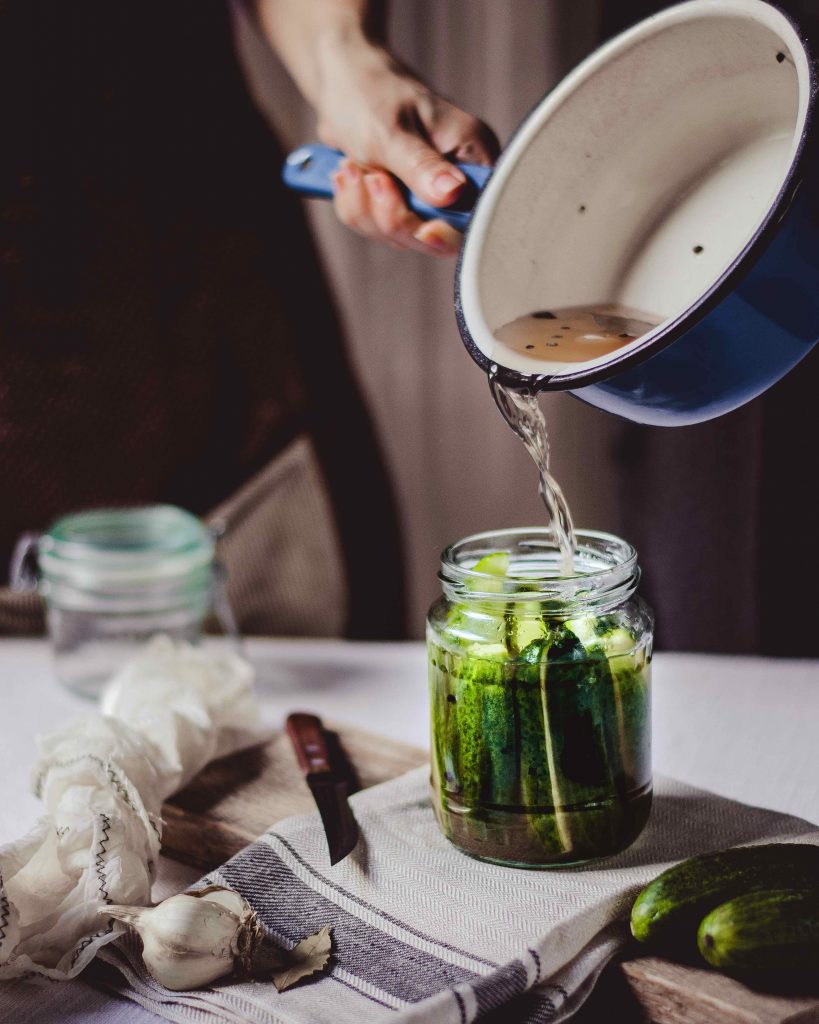
John gives seven reasons why we ought to be earnestly repentant. The first of those reasons is the power of Christ. The second is that Christ is so holy and exalted that even the best of us are not worthy of Him. The third reason John gives is, “He will baptize you with the Holy Spirit and with fire.” This is a markedly different experience from John’s baptism with water.
The act of baptism is highly symbolic and deeply spiritual. At the very least, it is the public illustration of our being dead to sin and the old life (by going under the water), and of our coming alive to God and being born anew (in our coming up from the water). Water is a substance we can all understand. But the One John says will follow him will provide both a baptism of the person of the Holy Spirit, and a baptism of fire. To be baptized into God’s Spirit is not something as easily envisioned as simple immersion into water!
Craig Blomberg writes in the New American Commentary, “The expression baptism “with/in the Holy Spirit” appears six other times in the New Testament. Five of these texts refer to this very saying of John (Mark 1:8; Luke 3:16; John 1:33; Acts 1:5; 11:16). Acts 1–2 demonstrates that John’s prediction was fulfilled at Pentecost. The sixth reference appears in 1 Cor 12:13, where it is clear that all Christians receive Spirit-baptism. The phrase therefore refers to a ritual that depicts a believer’s initiation into the body of Christ by the indwelling Holy Spirit, who never departs following true conversion and regeneration.” All true – yet the word ‘baptizo’ used in the text, and the context in which it is used (that is, repenting wholeheartedly) communicates more than simple immersion signifying a changed worldview. It communicates the flooding of, and the sustained dwelling with the presence of God. One therefore cannot simply say, “I received the Spirit a long time ago and it’s done”, but must instead confess, “I received the Spirit at salvation, and I seek every day to live in awareness of and in full communion with the Spirit of God.” There is a world of difference between the two, just as there is a massive delta between mere participation in water baptism and heartfelt repentance.
Ed Silvoso once used the illustration of a making a pickle in speaking of the Baptism of the Spirit. He pointed out that to make one, you first dip a small cucumber into hot water to ‘bapto’ it – to soften its outer membrane. Then you can ‘baptismo’ it in the brine over a long time. As it soaks in that solution, the very character of the vegetable is changed. It starts out as a cucumber, but over time and at some point becomes a pickle. Likewise, our character is changed as we ‘soak’ in the presence of God. As we stay immersed in His Word, as we keep worshipping together with other saints, as we seek His face in prayer – we become more like Him and less like our old selves.
That’s not only central to who we are called to be, it’s critical for our future baptism of fire. As the Lord said through Isaiah long ago, “Do not fear, for I have redeemed you; I have called you by name; you are Mine! When you pass through the waters, I will be with you; And through the rivers, they will not overflow you. When you walk through the fire, you will not be scorched, nor will the flame burn you. For I am the Lord your God, The Holy One of Israel, your Savior.”
Will power does not change men. Time does not change men. Christ does.
Henry Drummond
APPLICATION: Intentionality
Today, practice soaking in God’s presence. What is the Spirit saying to you?

